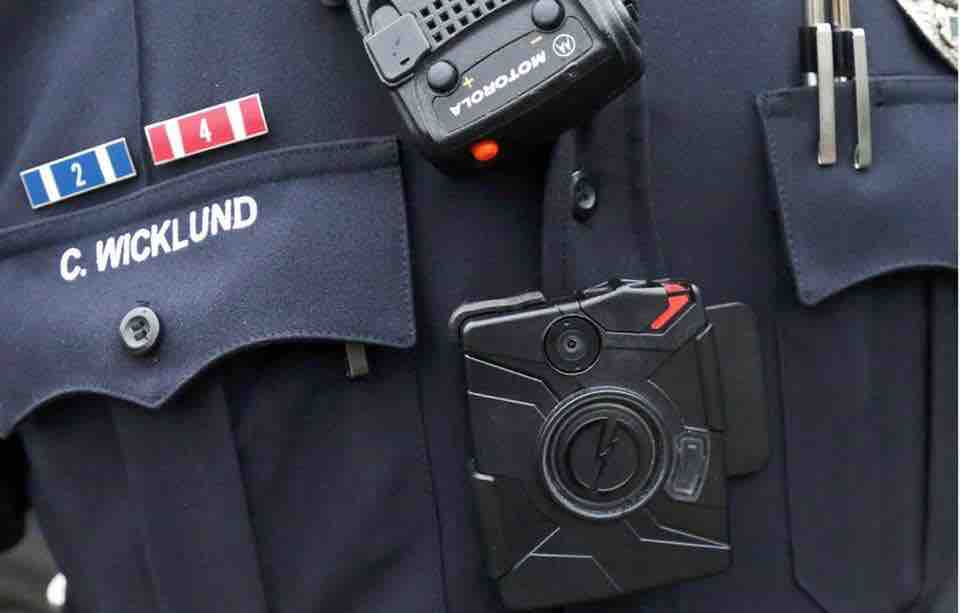In June 2015 the South Carolina governor, Nikki Haley, signed a bill that would require every law enforcement agency in the state to outfit its officers with body cameras. This of course followed the arrest for murder of a North Charleston police officer who shot and killed Walter Scott following a traffic stop.
Freedom of Information
However, if you think that this will resolve a lot of the mistrust the general public has in its police officers, think again. Why, I hear you ask? An amendment to the bill placed restrictions on the availability of the video to the media and the general public. Typically a government agency may receive a Freedom of Information Act (FOIA) request that requires them to disclose certain documents within 15 days of the request or provide a reason in writing why they will not comply.
Lack of transparency – videos remain hidden
The new law however, does not compel police body camera footage to be disclosed under a FOIA request. The law enforcement agency can unilaterally make that decision at their own discretion and furthermore, unlike the FOIA request, they do not need to provide a reason for the denial of the request. Really? How likely is law enforcement going to voluntarily hand over videos that could incriminate their own officers?
The argument for such a blanket exemption is based on privacy and safety concerns. But this argument is seriously flawed because they FOIA law already allows police to deny a request for public record in cases where doing so would harm the agency by endangering the life, health, or property of any person or disclosing identity of informants not otherwise known. Essentially, there’s a level of accountability on police when they deny access to the footage with a written paper trail if those reasons are shown to be contra to the FOIA laws. Simply put, there just wasn’t a need to add the amendment to the new bill unless you wanted to provide a layer of protection for law enforcement to cover up their own misconduct in the course of their duties.
What this bill does is create the illusion of transparency by requiring all law enforcement agencies to have the cameras but it also makes them the gatekeepers of that footage without having to provide a reason for non-disclosure.
Charleston Criminal Defense Attorney
If you have a case involving a police body camera issue case call an experienced and trusted Charleston criminal attorney at the Dale Savage Law Firm today for a free case consultation (843) 530-7813.

